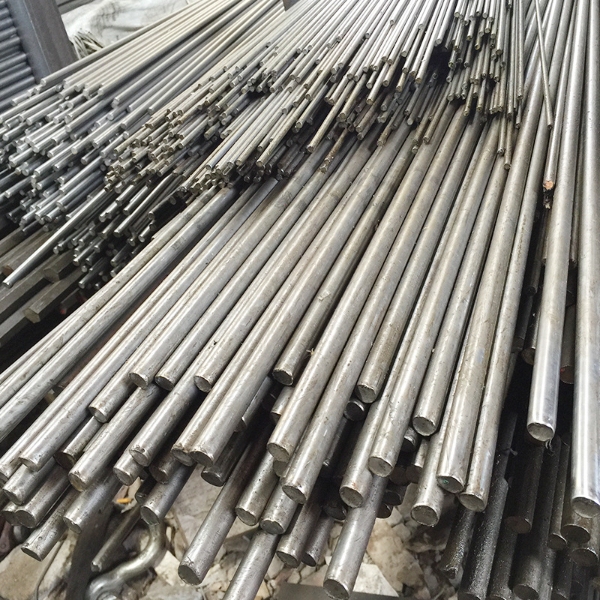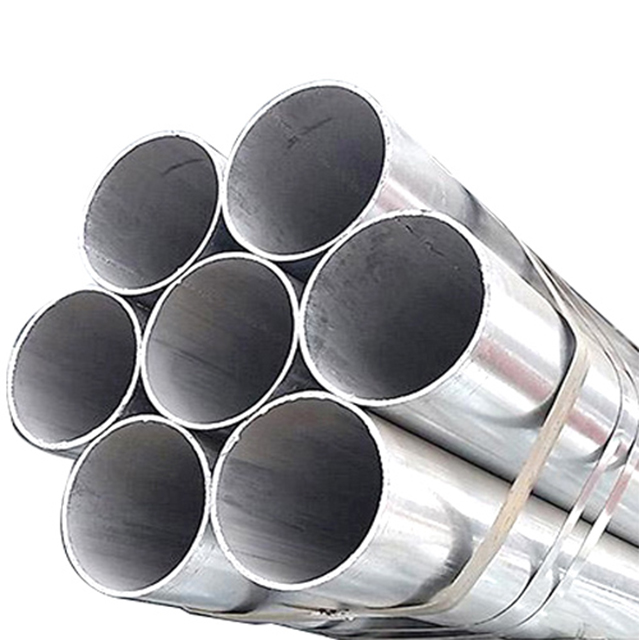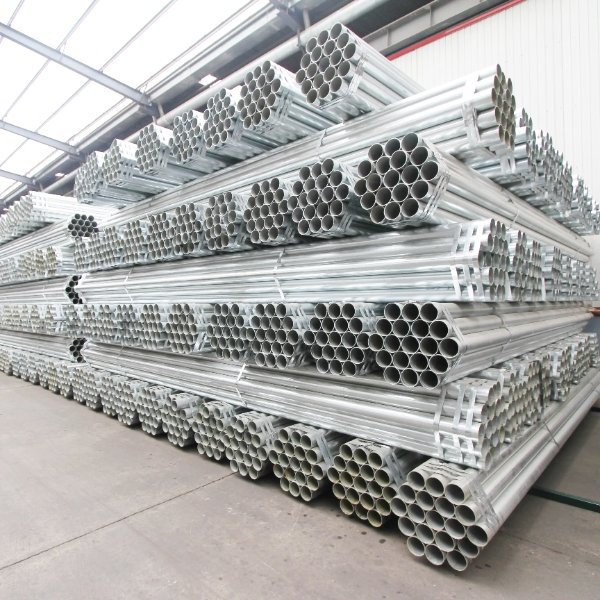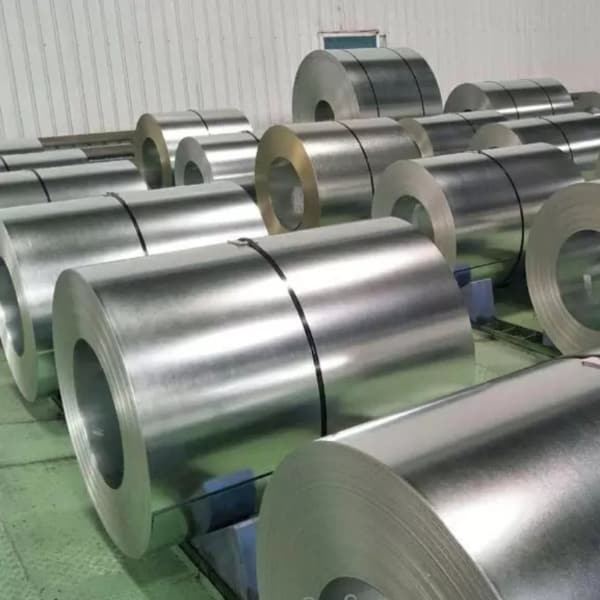Can galvanized pipe be used as deep water well pipe
introduction
Abstract
When it comes to deep water well pipes, one crucial question arises: can galvanized pipe be used for this purpose? This article aims to explore this topic comprehensively and provide readers with in-depth insights into the suitability of galvanized pipe for deep water well applications. Through an examination of various aspects, including corrosion resistance, durability, cost-effectiveness, and potential risks, readers will gain a comprehensive understanding of the pros and cons of using galvanized pipe in deep water well systems.
1. Corrosion Resistance
Galvanized pipes, treated with a zinc coating, are known for their resistance to corrosion. This coating serves as a protective layer, preventing the underlying steel from being in direct contact with water or other corrosive elements. However, it is important to consider the specific conditions in deep water wells, such as high salinity or acidic water, as they may accelerate the corrosion process. Independent studies have shown mixed results regarding the long-term corrosion resistance of galvanized pipes in deep water well applications.
One school of thought suggests that the zinc coating can withstand the corrosive properties of the water in deep water wells, especially if the pH level is within a certain range. However, other studies indicate that prolonged exposure to certain water conditions can lead to the degradation of the zinc coating, compromising the corrosion resistance of galvanized pipes. It is crucial for deep water well operators to carefully assess the specific water conditions and consult with experts to determine the suitability of galvanized pipes.
2. Durability
The durability of galvanized pipes is another important aspect to consider when evaluating their suitability for deep water well applications. On one hand, galvanized pipes are known for their strength and ability to withstand both internal and external pressure. This is particularly advantageous in deep water wells where the pipes are subjected to high-pressure environments. In addition, the zinc coating helps to protect the steel from potential physical damage during installation and operation.
On the other hand, certain factors can contribute to the decreased durability of galvanized pipes in deep water wells. As mentioned earlier, corrosive water conditions can gradually degrade the zinc coating, making the pipes more susceptible to corrosion and ultimately reducing their lifespan. Furthermore, extreme temperature conditions, such as freezing and thawing cycles, can also affect the integrity of galvanized pipes over time. Deep water well operators must weigh the benefits of galvanized pipes against potential durability concerns.
3. Cost-Effectiveness
The cost-effectiveness of using galvanized pipes in deep water well systems is a significant consideration for operators. Galvanized pipes tend to be more affordable compared to other pipe materials such as stainless steel or PVC. This makes them an attractive option,  especially for projects with limited budgets. Additionally, galvanized pipes have a relatively long lifespan if properly maintained, reducing the need for frequent replacements and associated costs.
especially for projects with limited budgets. Additionally, galvanized pipes have a relatively long lifespan if properly maintained, reducing the need for frequent replacements and associated costs.
However, it is important to factor in the potential hidden costs of using galvanized pipes in deep water wells. As mentioned previously, the corrosion resistance of galvanized pipes may vary depending on the water conditions, and ongoing maintenance and monitoring may be necessary to ensure their longevity. Additionally, if the deep water well is located in an area with aggressive water conditions, the cost of additional corrosion prevention measures or alternative pipe materials must be taken into account. A thorough cost analysis is essential to determine the overall cost-effectiveness of using galvanized pipes in deep water well systems.
4. Potential Risks
Although galvanized pipes offer certain advantages for deep water well applications, there are potential risks that must be considered. One primary concern is the presence of lead in the zinc coating of older galvanized pipes. Over time, this coating may degrade, resulting in the leaching of lead into the water supply. This can pose serious health risks, especially in drinking water applications. It is crucial for deep water well operators to ensure that only lead-free galvanized pipes, compliant with safe drinking water standards, are used.
Furthermore, galvanized pipes may not be suitable for deep water wells with high water flow rates or where frequent maintenance and repairs are required. The threaded connections used in galvanized pipe systems may be prone to leaks or failures under these conditions. Assessing the specific needs and demands of the deep water well system is crucial to mitigate these potential risks.
Conclusion
In conclusion, the use of galvanized pipes in deep water well systems is a complex topic that requires careful consideration of various factors. While galvanized pipes offer advantages such as corrosion resistance, durability, and cost-effectiveness, these benefits must be weighed against potential risks and limitations. Operators must thoroughly assess the specific water conditions, potential corrosiveness, and the overall requirements of the deep water well system before deciding on the suitability of galvanized pipes. Consulting with experts and adhering to safe drinking water standards are essential to ensure the integrity and reliability of deep water well systems.






Leave a Comment